(ECNS) -- Chinese-born American Nobel Prize winner in Physics Tsung-Dao Lee passed away at the age of 98, China News Week learned from the Institute of High Energy Physics, Chinese Academy of Sciences on Monday.
Lee, a foreign member of the Chinese Academy of Sciences, was born on November 24, 1926, in Shanghai, China, with ancestral roots in Suzhou, Jiangsu Province. From 1943 to 1945, he studied at Zhejiang University and the National Southwestern Associated University. In 1946, he enrolled in graduate school at the University of Chicago in the United States, where he received his Ph.D. in June 1950.
He was a university professor emeritus at Columbia University in New York City, where he taught from 1953 until his retirement in 2012. In 1984, he was appointed an honorary professor at Peking University. He also served as director of the Center for Modern Physics and director of the Center for High Energy Physics at the university.
Lee is known for his work on parity violation, the Lee–Yang theorem, particle physics, relativistic heavy ion (RHIC) physics, nontopological solitons, and soliton stars.
In 1957, at the age of 30, Lee won the Nobel Prize in Physics with Chen-Ning Yang for their work on the violation of the parity law in weak interactions, which Chien-Shiung Wu experimentally proved from 1956 to 1957, with her well-known Wu experiment.
Lee remains the youngest Nobel laureate in the science field after World War II. He was the third-youngest Nobel laureate in sciences in history after William L. Bragg and Werner Heisenberg (who won in 1932 also at 30).














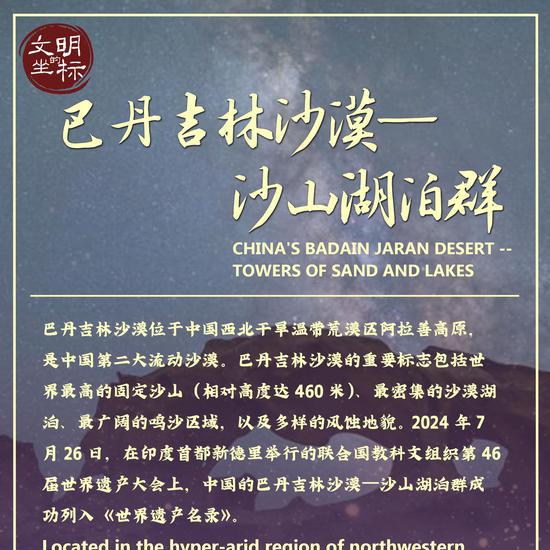
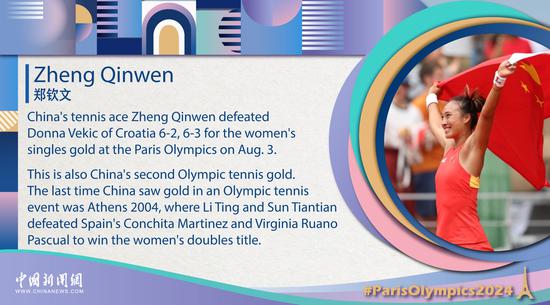
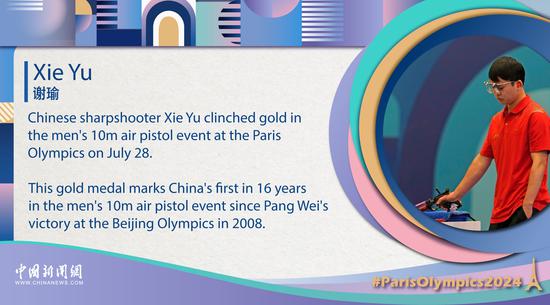
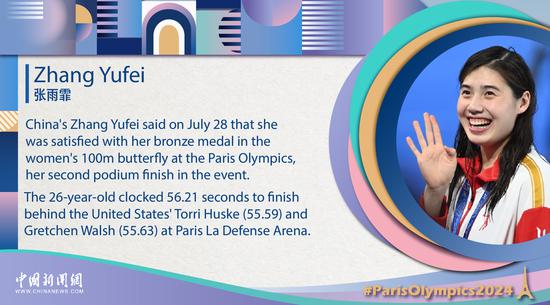
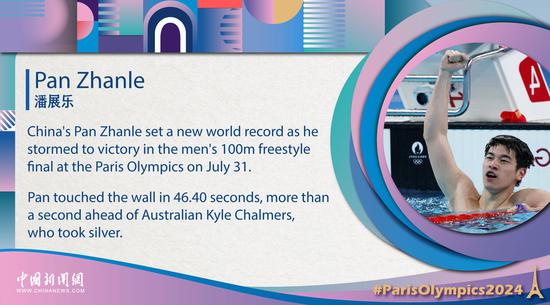




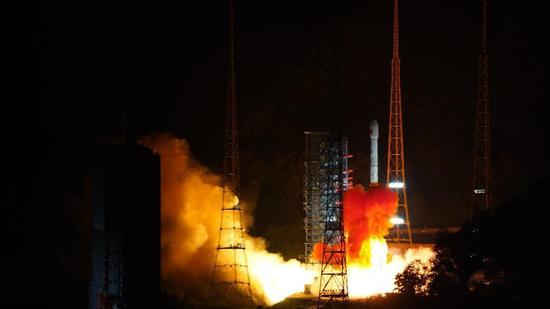












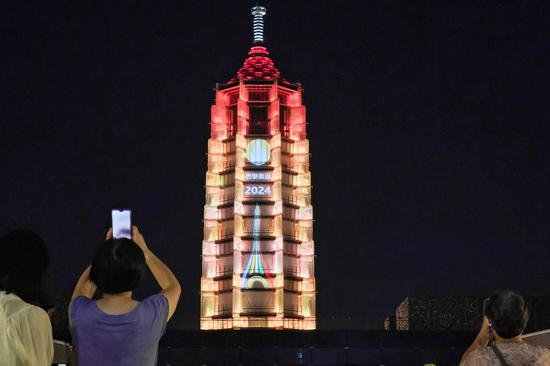










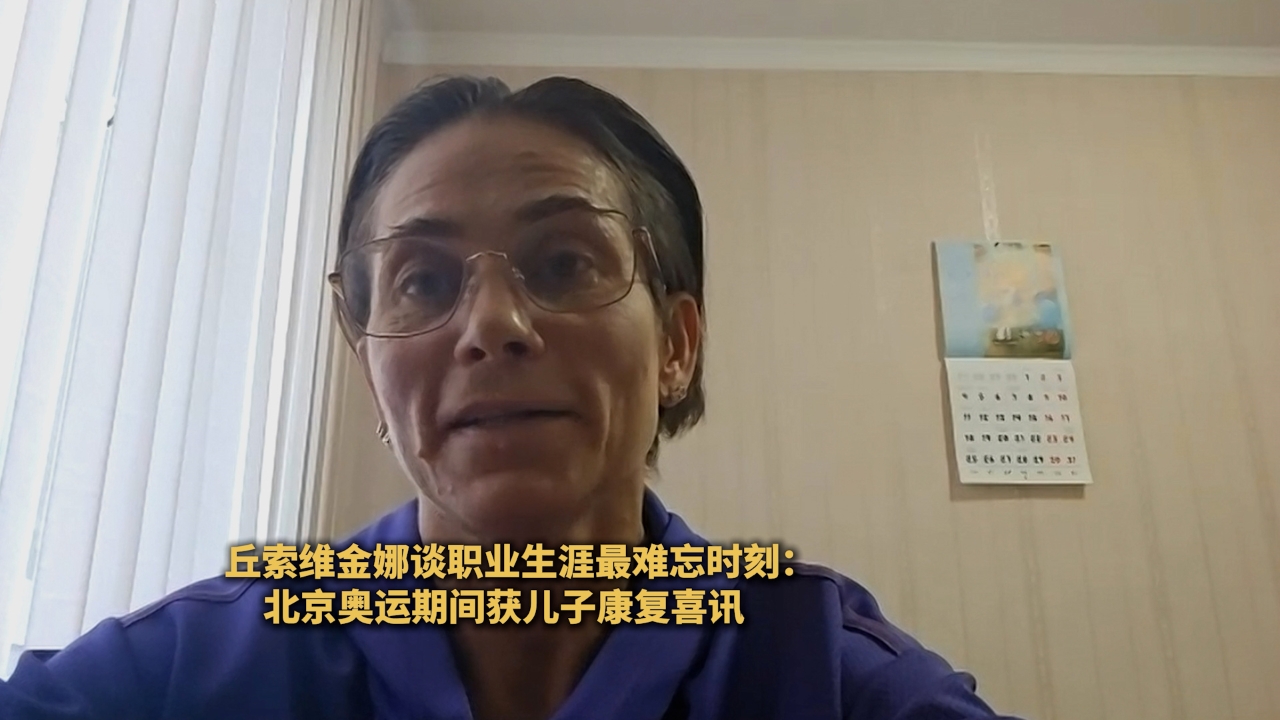

 京公网安备 11010202009201号
京公网安备 11010202009201号